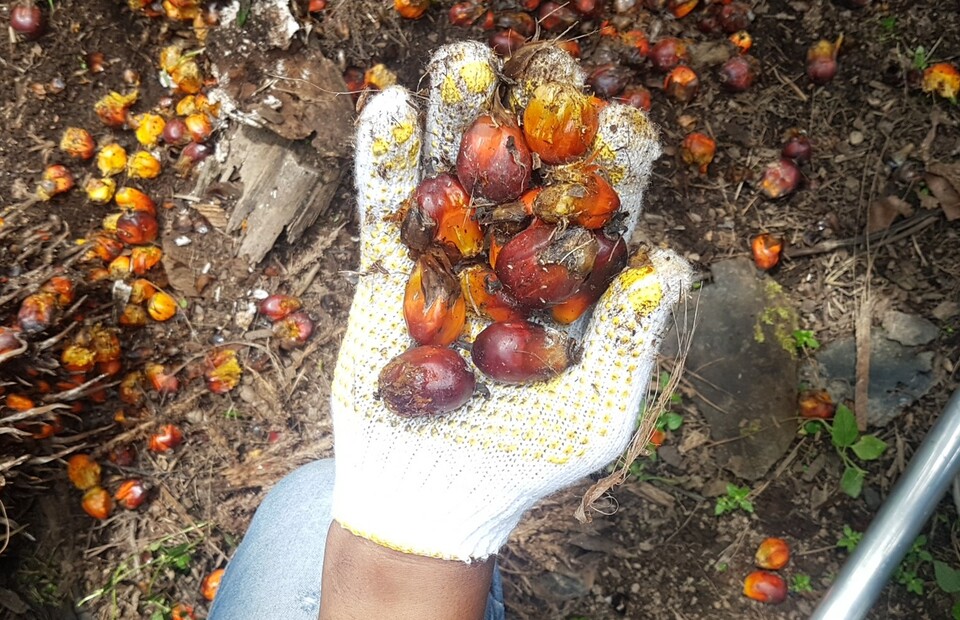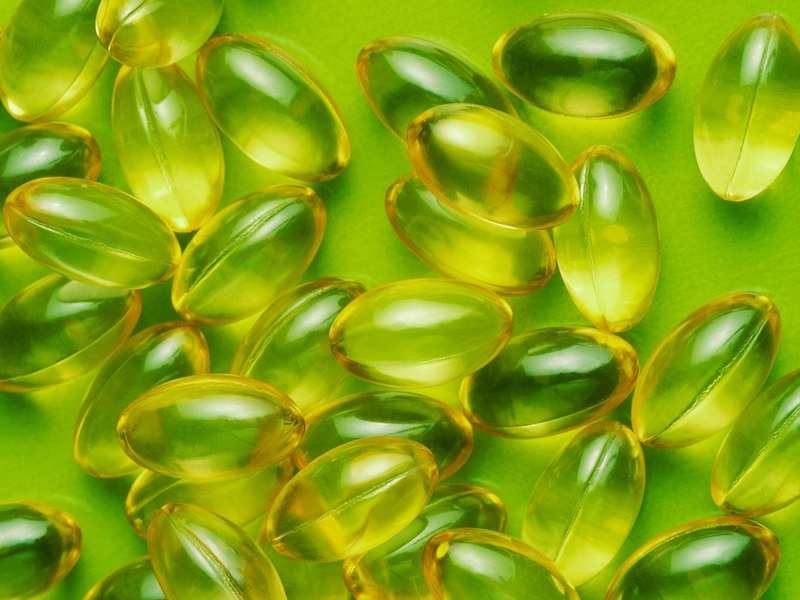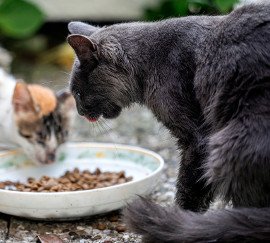When the dairy cow is fed grass with a naturally high vitamin E content, the milk’s content of vitamin E is higher than when the cow is primarily fed feed containing synthetic vitamin E, finds new research.


When the dairy cow is fed grass with a naturally high vitamin E content, the milk’s content of vitamin E is higher than when the cow is primarily fed feed containing synthetic vitamin E, finds new research.

The main findings of this project include the following: the amount of RRR-alpha-tocopherol, a natural form of vitamin E, accounts for more than 75 percent of the total alpha-tocopherol in breast milk and umbilical cord blood; Xanthophyll is of the highest amount compared with any other carotenoid to promote fetuses’ and infants’ visual development.

An interesting analytical challenge still exists for measuring vitamin E in foods. In the US, the FDA defines declarable vitamin E as alpha‑tocopherol where there is both a very bioactive naturally‑occurring form, and a less bioactive man‑made form.1 The FDA requires manufacturers to make and keep written records to verify the amount of both forms1 because there is no recognised analytical method that differentiates between the two. Until a method is developed and internationally recognised, the lab needs to have access to those records to properly calculate the amount placed in a nutritional facts panel.
Many people struggle to quit smoking cigarettes to prevent and slow lung diseases, such as chronic obstructive pulmonary disorder.
Nicotine is such an addictive substance that in a desperate attempt to get healthy many people turned to e-cigarettes, which delivered the nicotine in a vapor instead of smoke. But instead of getting healthier, these former smokers got worse. In addition, healthy, young people started experimenting with recreational vaping, and despite their health and youth, they, too, developed serious lung problems.
Why did this happen? What went wrong?
Diabetic retinopathy (DR) is one of several diabetes related complications and now is the leading cause of new onset blindness among individuals aged 20–64 years old.In the study, Streptozotocin-induced diabetic rats were divided into two treatment groups based on the route of administration of treatment — oral treatment group and topical treatment group.

A study shows that unprocessed red palm oil helps to maintain lung immunity and respiratory health, strengthening’s one’s body defenses against the coronavirus that is causing the Covid-19 disease. The product, also known as virgin red palm oil, can help maintain an adequate amount of a substance crucial for the body’s immune system.

For many COVID-19 patients battling for their lives in the ICU, a runaway immune system response — known as a “cytokine storm” — is their primary foe. Doctors have few tools to help tame this hyperinflammatory condition, but early research is suggesting that nanotechnology might safely deliver drugs to affected tissues, quieting the storm.

Vitamin E capsules, also known as Evion capsules are a storehouse of health benefits. The oil can be used on different parts of your body, starting from head to toe. Starting from head to face to nails, Vitamin E oil helps in benefitting your body in several ways.
Here are a few ways you can use Vitamin E capsules to reap its maximum benefits.

Mixed tocopherols are one of those commonly misunderstood ingredients. Tocopherols are found in everything from kibble, to training treats, supplements, shampoo, and more. In fact, tocopherols are one of the most common ingredients used in pet goods. But what are they, and why are they so popular?

Our bodies are battlegrounds against infection and diseases. Normal body functions, such as breathing or physical activity, and other lifestyle habits (such as smoking) produce substances called free radicals that attack healthy cells. When these healthy cells are weakened, they are more susceptible to cardiovascular disease and certain types of cancers. Antioxidants — such as vitamins C and E and carotenoids, which include beta-carotene, lycopene and lutein — help protect healthy cells from damage caused by free radicals.
